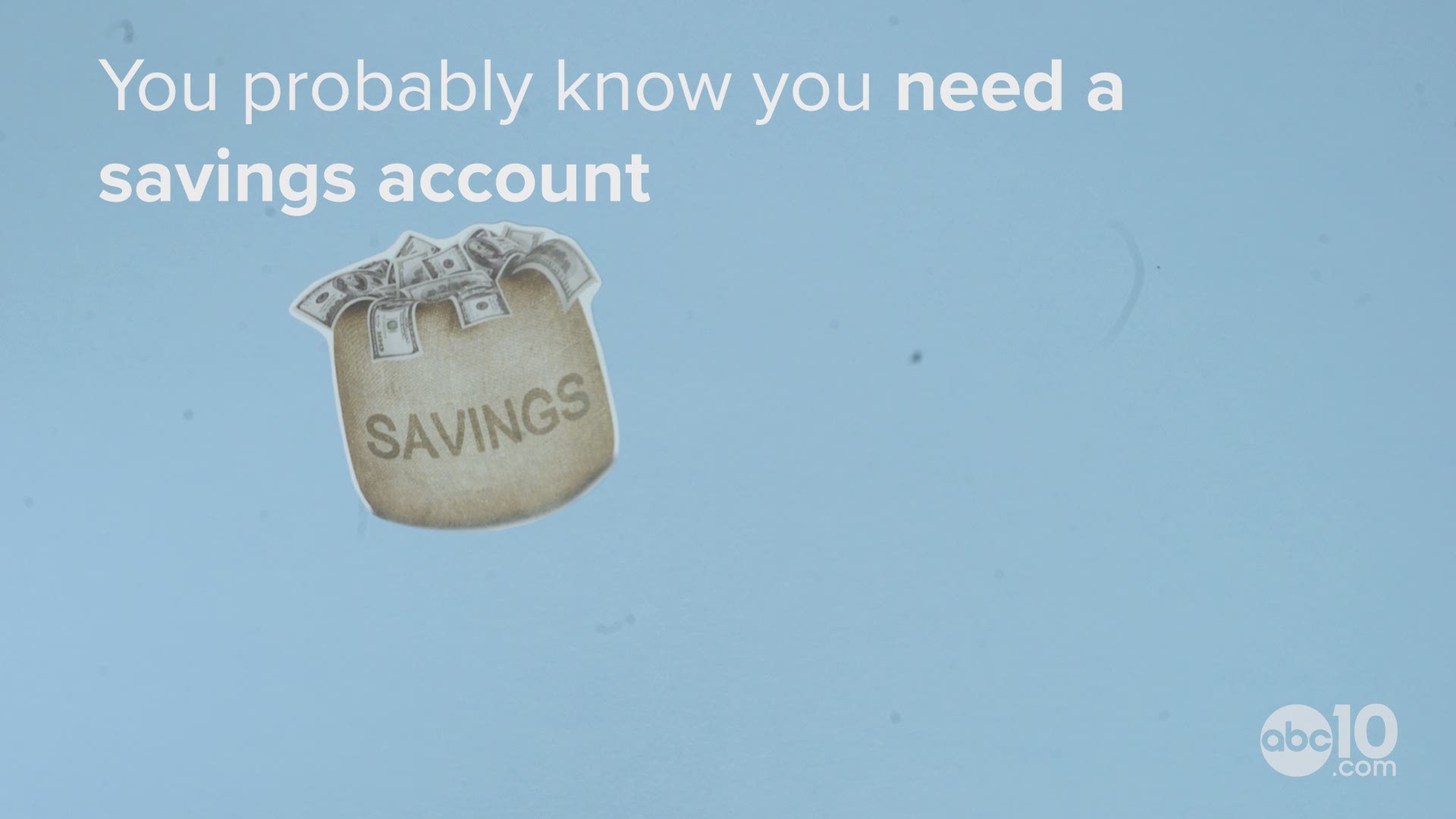SACRAMENTO, Calif. —
So you may know already that you need a savings account. You also probably know about putting money into retirement funds and college funds, but what about a health savings account?
Well, an HSA is a great tool to help you pay for out-of-pocket medical expenses, copays and other stuff your insurance doesn’t cover.
A lot of times your health insurance provider will offer them, but if they don’t, most banks will let you create an account too. Sometimes your workplace will also let you make and HSA account through them. If that’s the case, it’s easy to put part of your paycheck into the HSA. Plus, your company might even help contribute to it, by matching your investment or giving you a fixed annual amount each year.
QUALIFIED EXPENSES
Perk - HSA funds are added to your account pre-tax! This also means that if you use the funds from your HSA to pay for a qualified health expense, you won’t be taxed on that either. What goes in is the same coming back out - unless for you use the funds to pay for something that is not on the qualified list of expenses.
Common IRS-qualified medical expenses include dental treatments, prescription payments, flu shots, or paying a co-pay at the doctor's office. Check the list here to make sure you're spending correctly.
KEEP THIS IN MIND
You want to be careful with an HSA account. Although there isn’t necessarily a minimum for an HSA, there is a maximum - and you could get in trouble for putting too much money into the account. Be sure to ask the company you create your HSA through what your maximum is.
Overall, HSAs are a good investment. You never know when you’ll need medical help.

